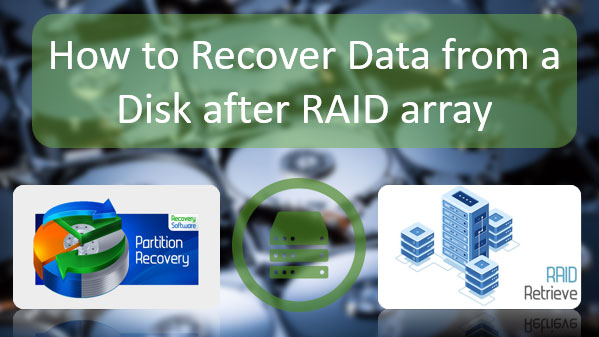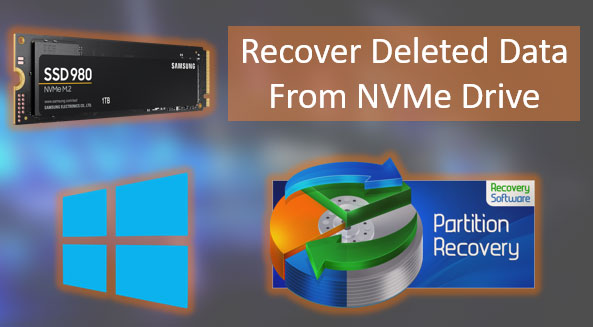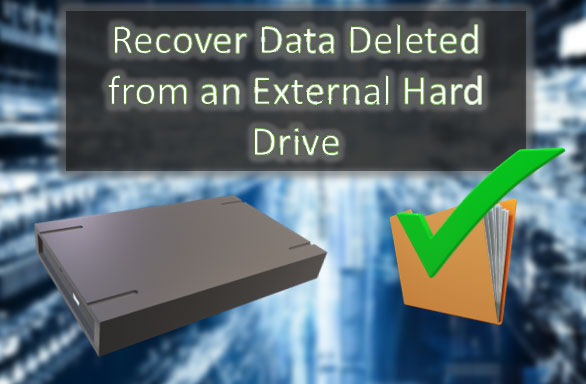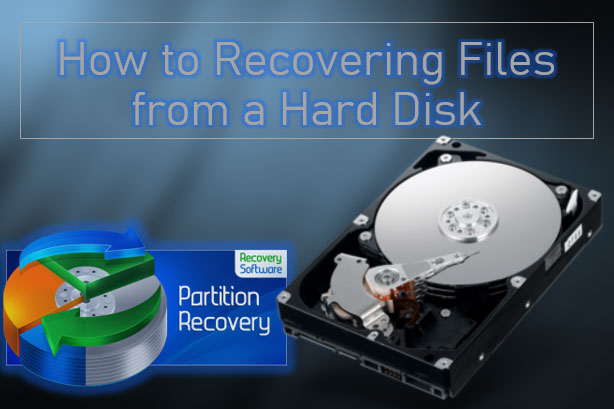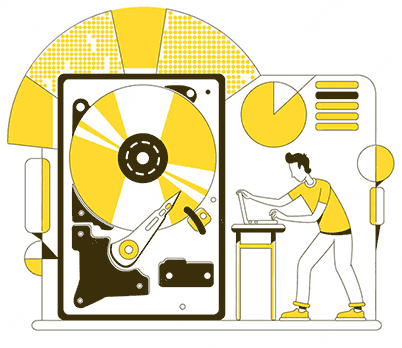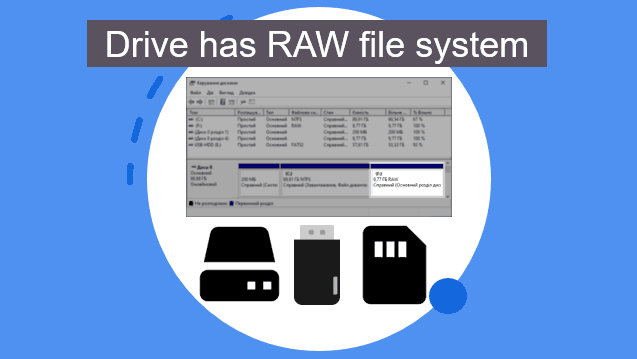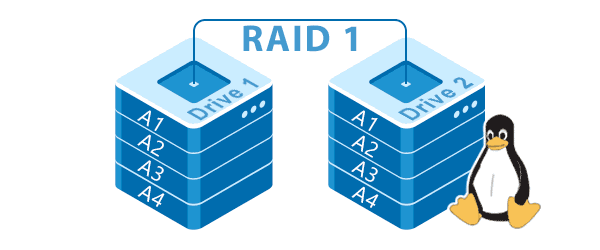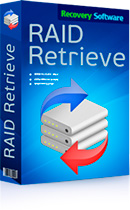- Den Broosen |
- |
- 13 min. Reading |
How to Recover Data from a hard drive after RAID? Whether the hard drive has been placed in a RAID array or, conversely, after the RAID has been removed, the task is challenging. In the latter case, it may require a minimum number of operational hard drives or even all hard drives that were part of the RAID array, depending on the RAID configuration (level). We will tackle this task using effective data recovery software.

